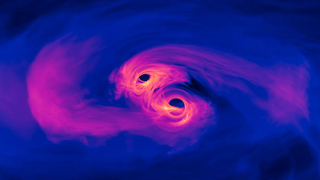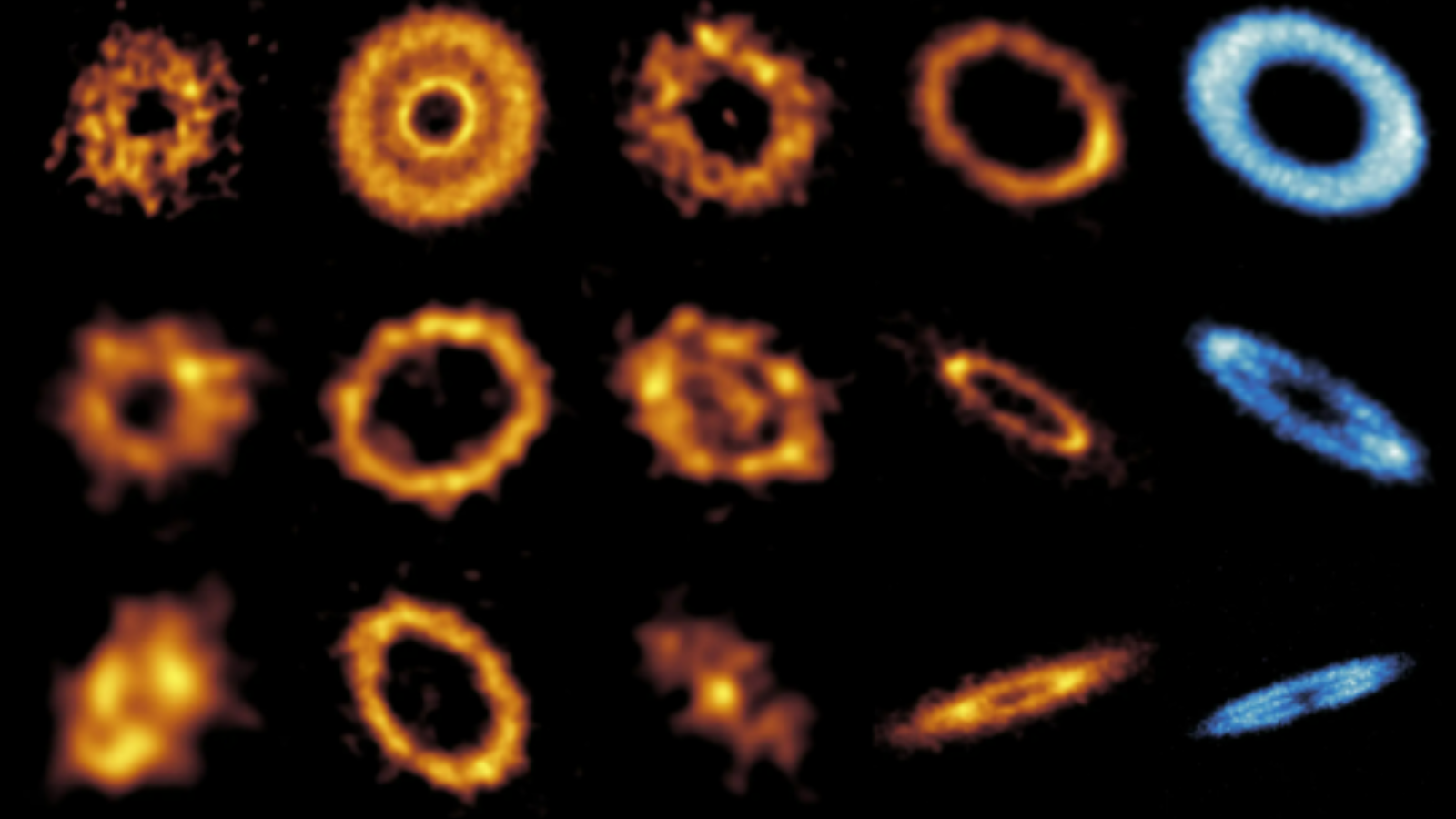Gravitational Waves: The latest discoveries and star crash news
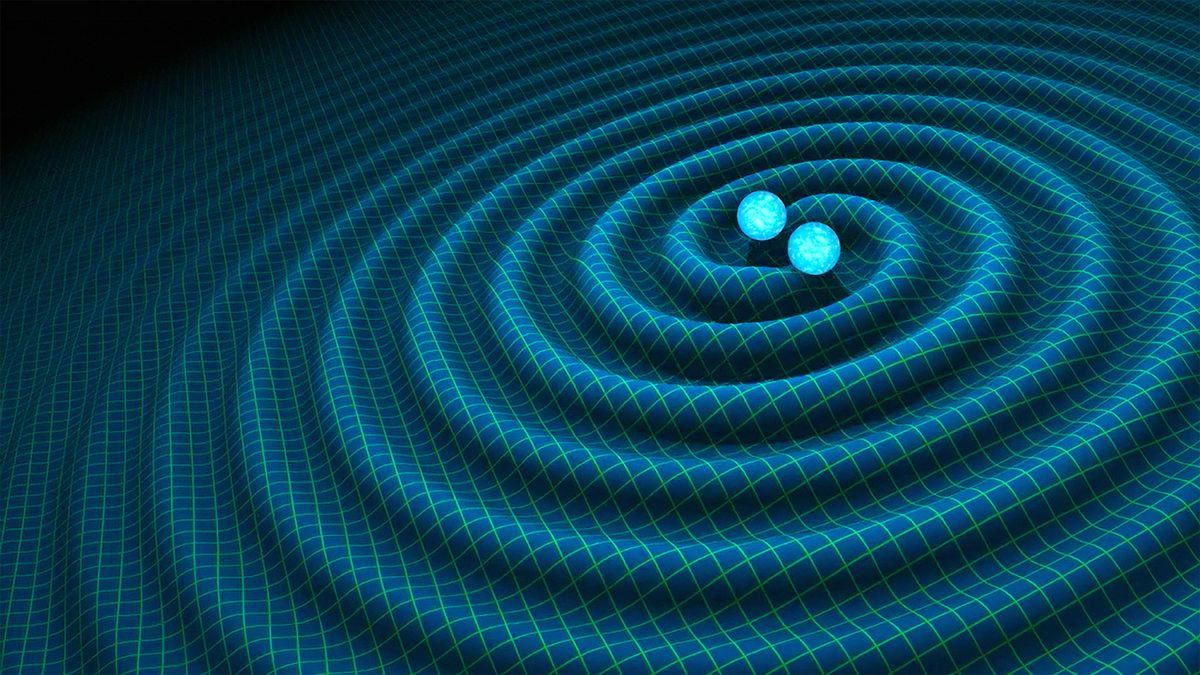
Gravitational waves are ripples in space-time created by the interaction of massive objects in space, such as black holes and neutron stars. Their existence was first predicted by Albert Einstein in his 1916 paper describing his theory of general relativity. In 2015, scientists made the first detection of gravitational waves, observing ripples from the collision of two black holes. The discovery won astrophysicists Kip Thorne, Barry Baris and Rainer Weiss the 2017 Nobel Prize for Physics. Subsequent observations have also detected gravitational waves from colliding neutron stars. Learn more about gravitational waves here.
Related Topics: Black Holes, Dark Matter, The Theory of Relativity in Space
Latest about gravitational waves
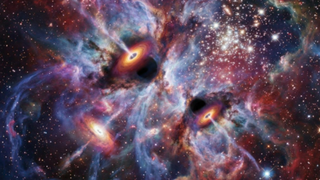
A black hole 'feeding frenzy' could help explain a cosmic mystery uncovered by the James Webb Space Telescope
By Robert Lea published
"It is exciting to think that Little Red Dots may represent the first direct observational evidence of the birth of the most massive black holes in the universe."
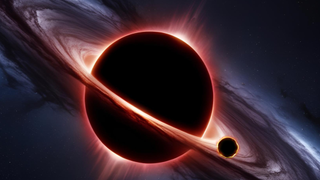
Have gravitational waves provided the first hint of primordial black holes born during the Big Bang?
By Robert Lea published
Scientists may have "heard" the first tantalizing evidence of primordial black holes formed directly from overly dense pockets of matter just after the Big Bang.
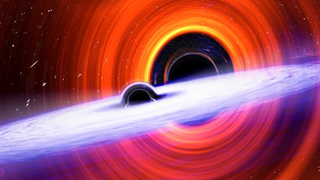
Scientists hear 2 newborn black holes 'crying' through ripples in spacetime — and one had a birth unlike anything seen before
By Robert Lea published
Gravitational wave detectors on Earth have heard the "cry" of two newborn black holes with some unusual and remarkable properties.
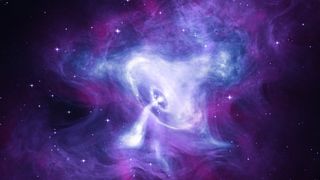
How scientists are using spinning dead stars to find ripples in the fabric of spacetime
By Keith Cooper published
Identifying the gravitational waves from black holes binaries could also make it clearer to detect primordial gravitational waves that date back to inflation at the moment of the Big Bang.
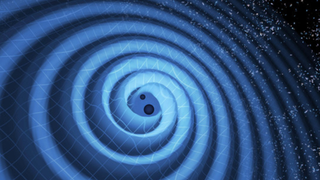
LIGO Legacy: 10 incredible gravitational wave breakthroughs to celebrate observatory's landmark 2015 find
By Robert Lea published
The first-ever detection of gravitational waves was made 10 years ago today (Sept. 14). In celebration, Space.com takes you through the most significant gravitational wave discoveries to date.
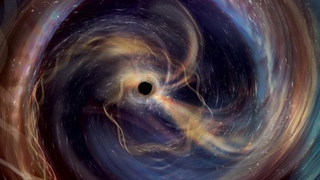
Gravitational wave detector confirms theories of Einstein and Hawking: 'This is the clearest view yet of the nature of black holes'
By Robert Lea published
Celebrating 10 years since the first detection of gravitational waves coming from colliding black holes, LIGO has confirmed the predictions of the greatest minds in physics.
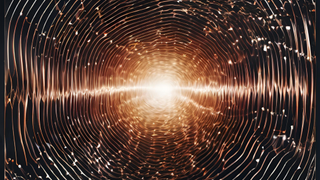
Radical new Big Bang theory says gravitational waves created galaxies, stars and planets
By Robert Lea published
A new Big Bang model does away with speculative elements, putting gravitational waves at the forefront of the creation of galaxies, stars, and planets.
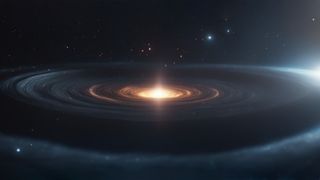
Ripples from the Big Bang could transform our understanding of the universe — and we may be close to detecting them
By Paul Sutter published
It will take the most sensitive instruments ever imagined to reveal ripples from the Big Bang, but they could change our understanding of the entire universe.
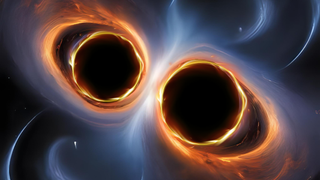
Gravitational waves reveal most massive black hole merger ever detected — one 'forbidden' by current models
By Robert Lea published
Gravitational wave detectors have "heard" the ripples in space caused by the most massive black hole merger yet. One "forbidden" by current theoretical models.
Breaking space news, the latest updates on rocket launches, skywatching events and more!
